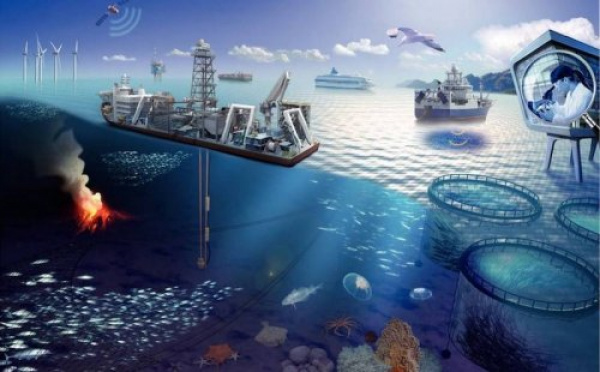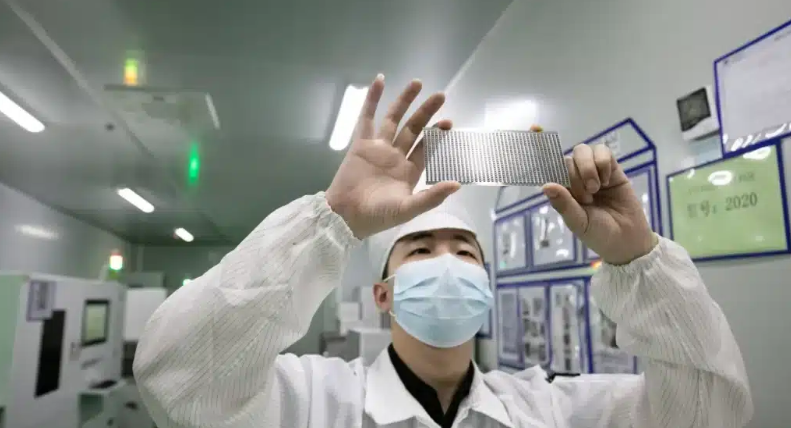“The Mattei Plan has attracted strong interest over the past 12 months from the Gulf monarchies, who are asking us to triangulate projects — first and foremost the UAE, Saudi Arabia, Qatar, and Bahrain,” said Ambassador Maurizio Saggio, coordinator of the Mission Structure at Palazzo Chigi, during a joint hearing of the Foreign Affairs Committees of the Italian Chamber and Senate.
This is far from a minor detail from the hearing held yesterday afternoon, confirming the growing international attention toward the plan launched by the Meloni government in 2024 and effectively “adopted” by Europe through its €150 billion Global Gateway initiative for the African continent.
The tangible progress of the Plan is evident in the figures and projects presented, reiterating Italy’s readiness to welcome proposals from its partner countries — currently numbering 14. Ambassador Saggio mentioned new investments of approximately €500 million during the first six months of the year and highlighted how the Mattei Plan was pivotal in securing multi-billion-euro agreements between Italy and Saudi Arabia, Qatar, and Bahrain during recent economic missions led by the Prime Minister.
In a financial landscape where collaboration with the World Bank and the African Development Bank has proven essential, the Technical Committee of the Mission Structure approved projects worth €265 million by June 30, with two additional €100 million initiatives expected to be finalized shortly. These projects cover sectors including energy, water usage, training, healthcare, and agriculture.
Concrete Projects in Africa
Through the Mattei Plan, Italy will provide expanded electrification in Mozambique and Tanzania. In Tunisia, in partnership with Terna, the focus will be on enhancing the skills of local startups in preparation for the launch of the Elmed interconnector — a major underwater power link between Tunisia and Italy — involving the most advanced local energy companies.
Another major initiative in Tunisia is the recovery of a large reservoir of unconventional water, currently unsuitable for irrigation and domestic use. A similar project is being developed in Ethiopia, as agreed during Prime Minister Meloni’s recent visit, which is expected to create jobs for 3,000 local workers.
The Mediterranean is increasingly seen as a strategic hub in the broader Africa-focused vision. In the healthcare sector, the Plan aims to reduce neonatal mortality in Côte d’Ivoire by strengthening local hospital infrastructure.
In sustainable agriculture, the Plan has launched a major project in Algeria: of the 30,000 hectares identified, 7,000 have already been cultivated. The entire 40-ton annual output will supply the local market, benefiting approximately 600,000 people. Similar agricultural partnerships are being developed with Ghana, Senegal, and Côte d’Ivoire.
Training and Local Employment
Education and skills training are also key priorities. In Algeria, the first agricultural training center will be established, with another planned in Tunisia focusing on water management techniques. In collaboration with Confindustria (which plays a leading role in promoting Italian industry in Africa through Assafrica and national “Made in Italy” agencies), Italy is developing a framework to ensure that Italian SMEs operating in Africa can rely on locally trained personnel — a critical need at a time when skilled labor is increasingly scarce in Italy.
Three Flagship Projects
The three most important initiatives announced during the recent Rome summit — which brought together Prime Minister Meloni, European Commission President Ursula von der Leyen, and representatives from global and African financial institutions — further integrate the EU’s Global Gateway and Italy’s Mattei Plan:
- Italy’s participation in the Lobito Corridor, a vast railway infrastructure project linking central Africa to Europe;
- Support for the coffee sector in Ethiopia;
- The Blue & Raman underwater digital connectivity project in East Africa, involving Sparkle (a subsidiary of TIM).
“We only operate upon request from countries involved in the Mattei Plan,” Ambassador Saggio emphasized. “Our capacity for listening and sharing with partners is perhaps the most accurate lens through which to understand how the Plan works.” He also stressed that the credibility of Italy’s financial system and overall governance has played a key role in earning the trust of its partners.
Private sector involvement has enabled new support mechanisms for SMEs interested in operating in Africa. The Plafond Africa, coordinated by Cassa Depositi e Prestiti, guarantees resources with 70% state coverage. Meanwhile, Simest, through its “Misura Africa” initiative, has already defined investment projects worth €5 million.
Source: ilmattino




